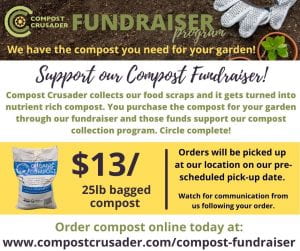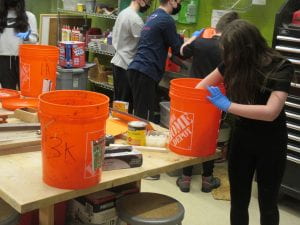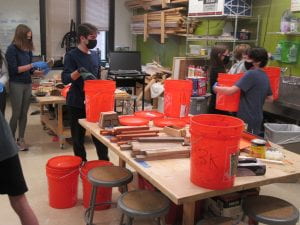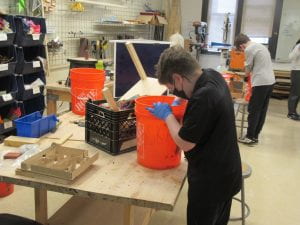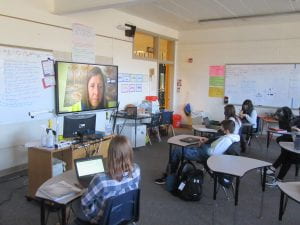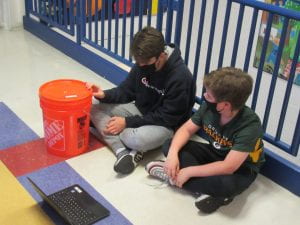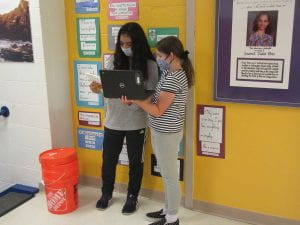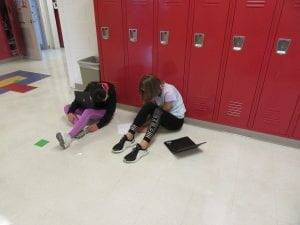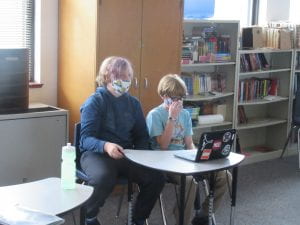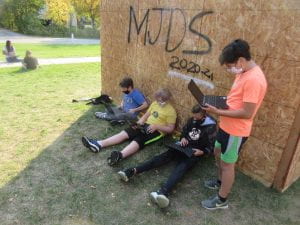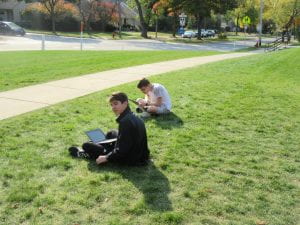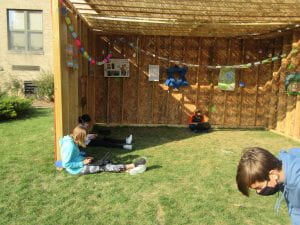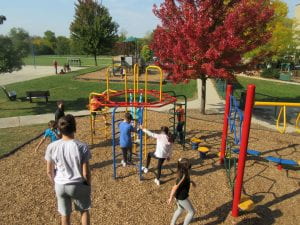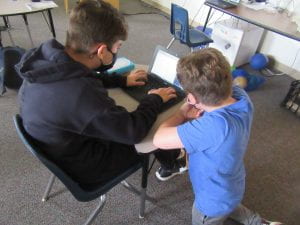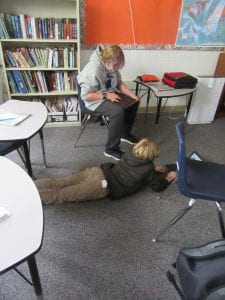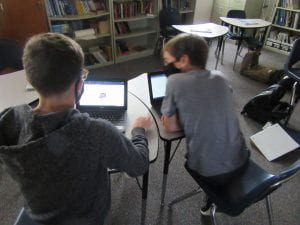As a grade, we have been collecting food waste from the school the entire year (when in person). That food waste gets collected by Compost Crusader. Compost Crusader then drops the food scraps off to a processor and in 2-3 months, that food waste becomes compost.
The compost that is created by our food waste (and millions and millions of pounds of organic waste from other homes, schools, and businesses) is now for sale. Any bag that is purchased through this fundraiser earns money for our class. That money raised will be reinvested into our garden program; allowing us to grow more vegetables, which will be sold (and money donated to local food shelters) or given to local food shelters.
The link for the compost ordering is located here. We will have compost available for pick-up from MJDS on Friday, May 21. If you need it before then, please let me know and we can arrange for an alternative pick-up date.

